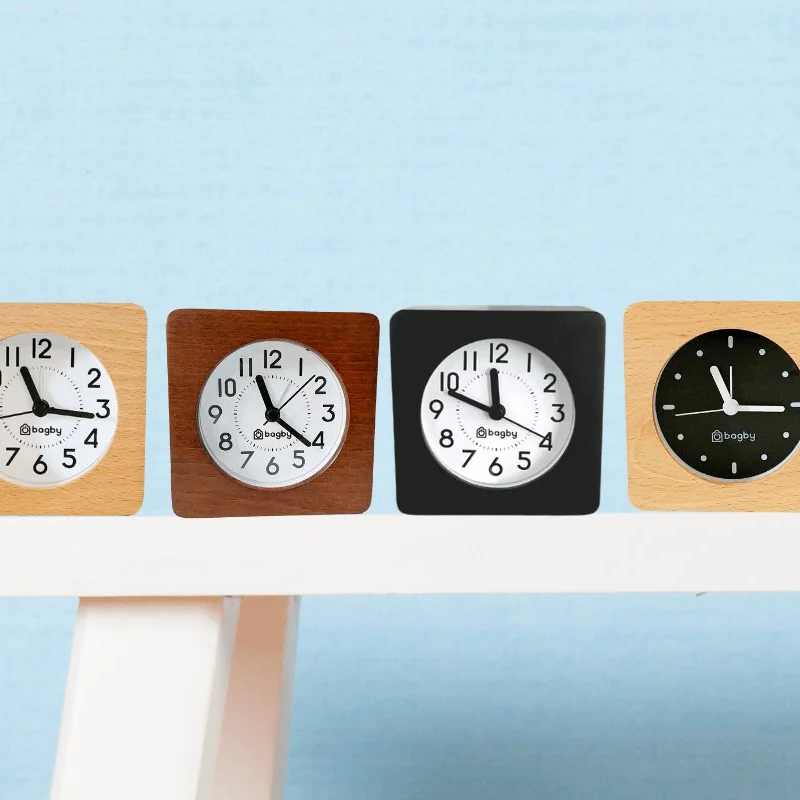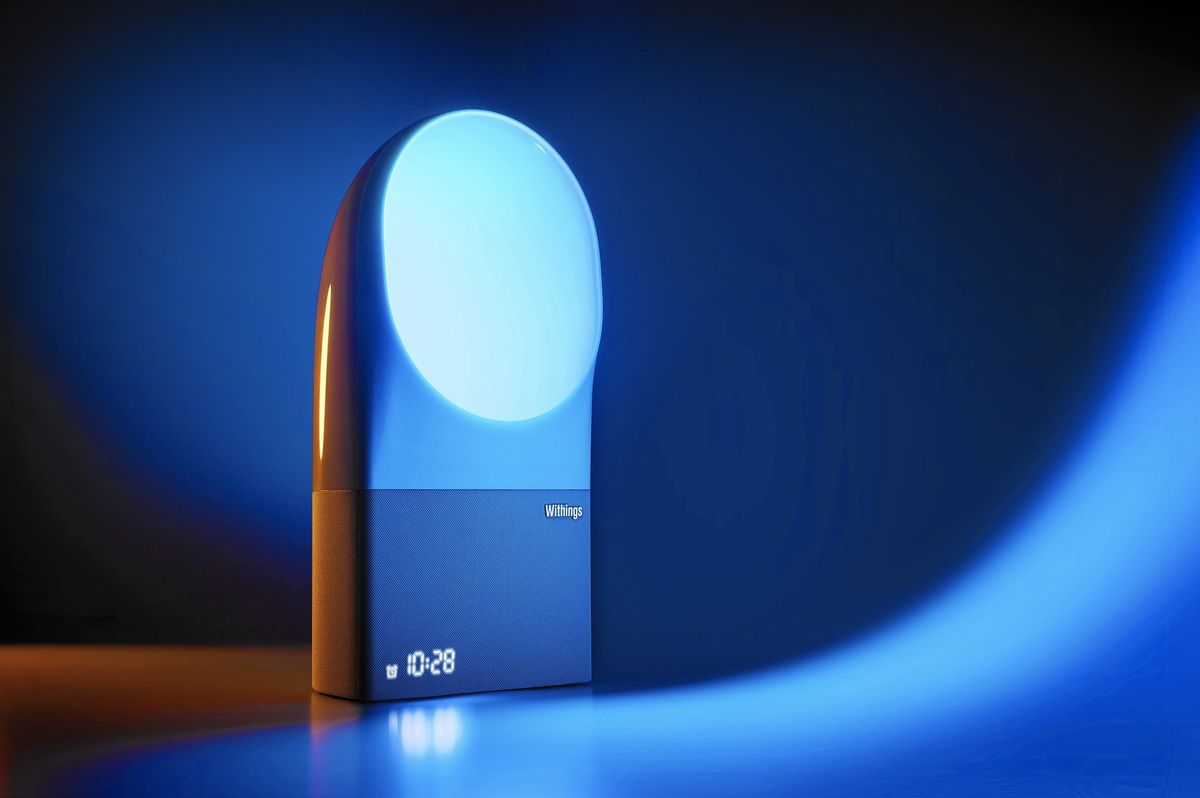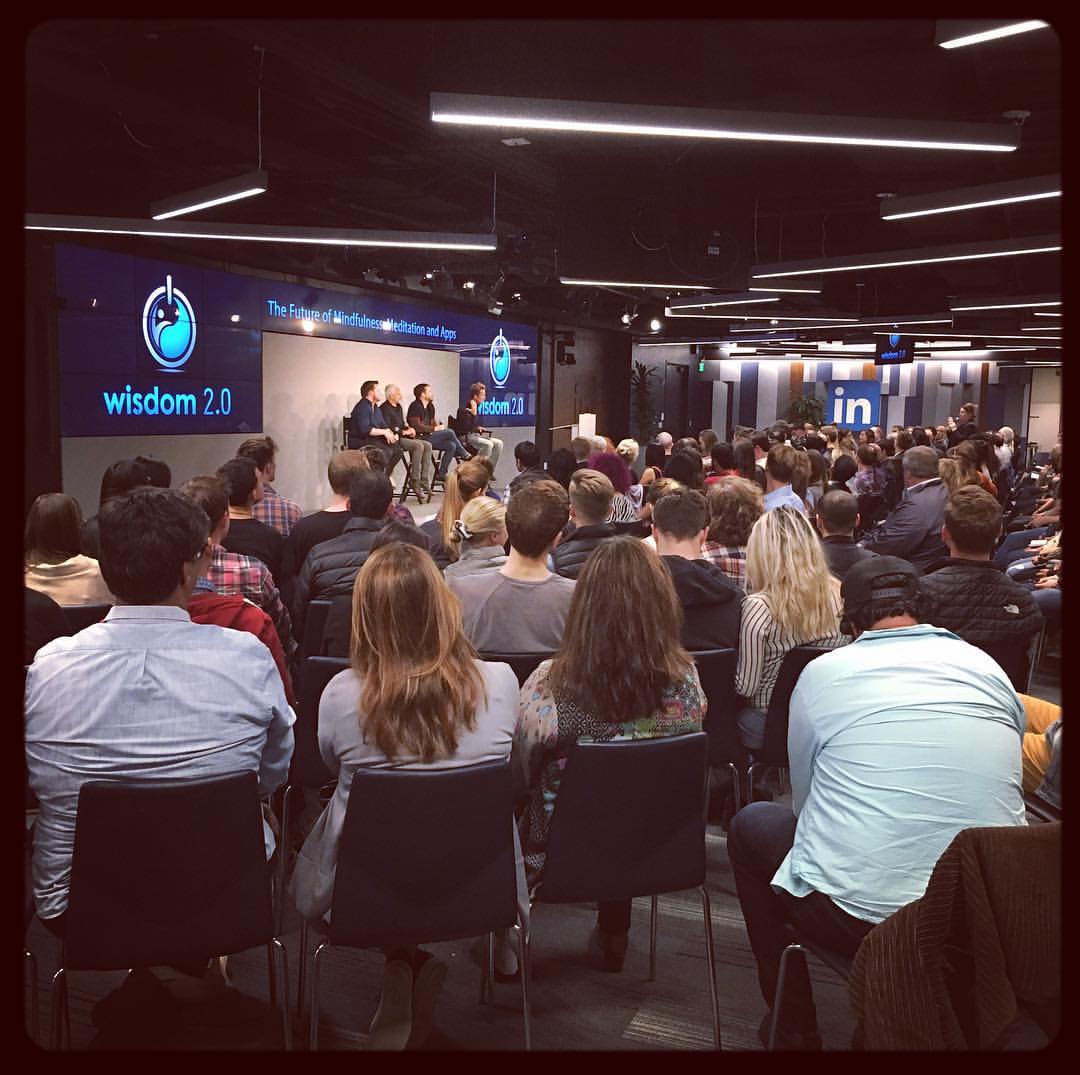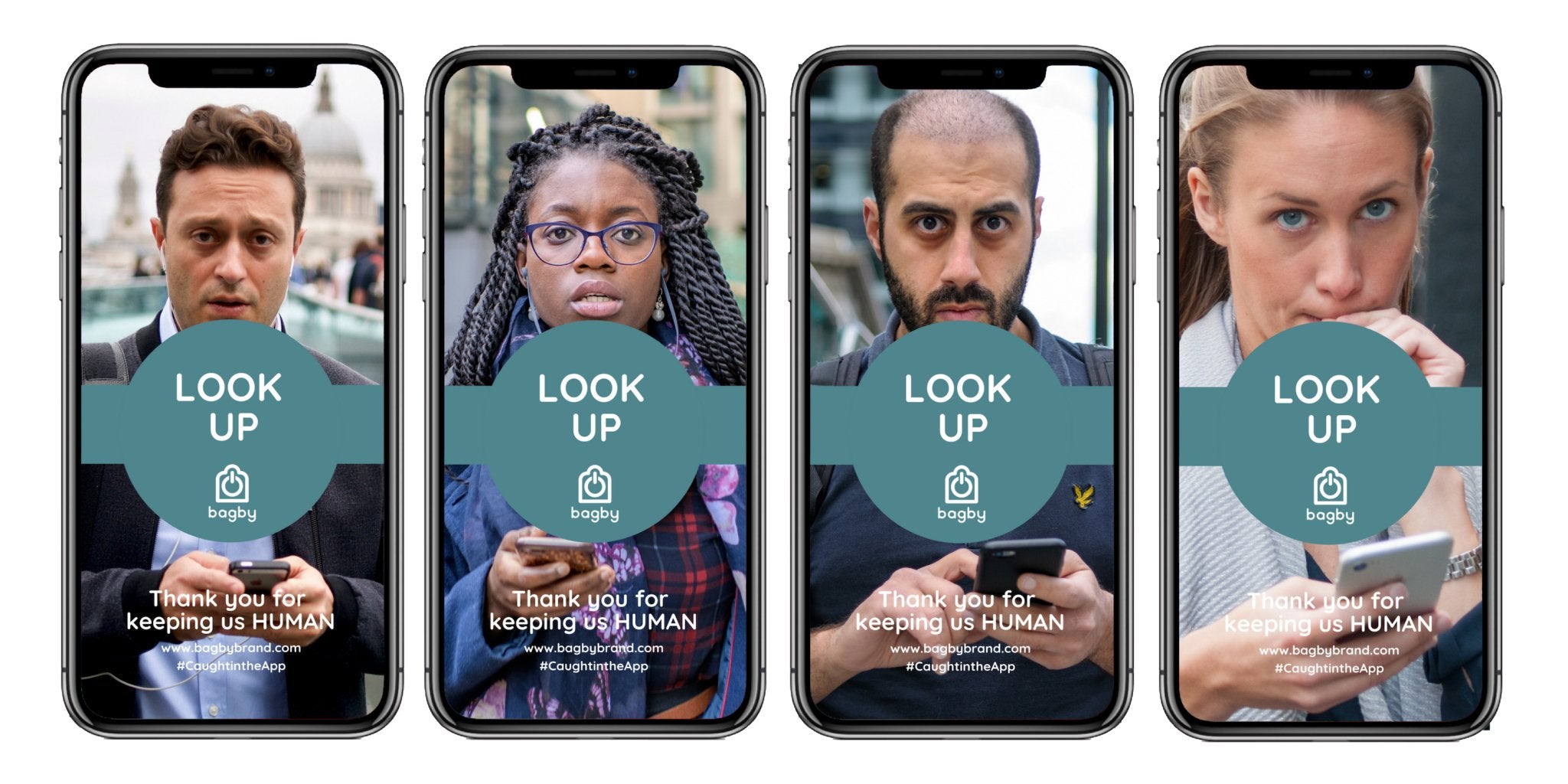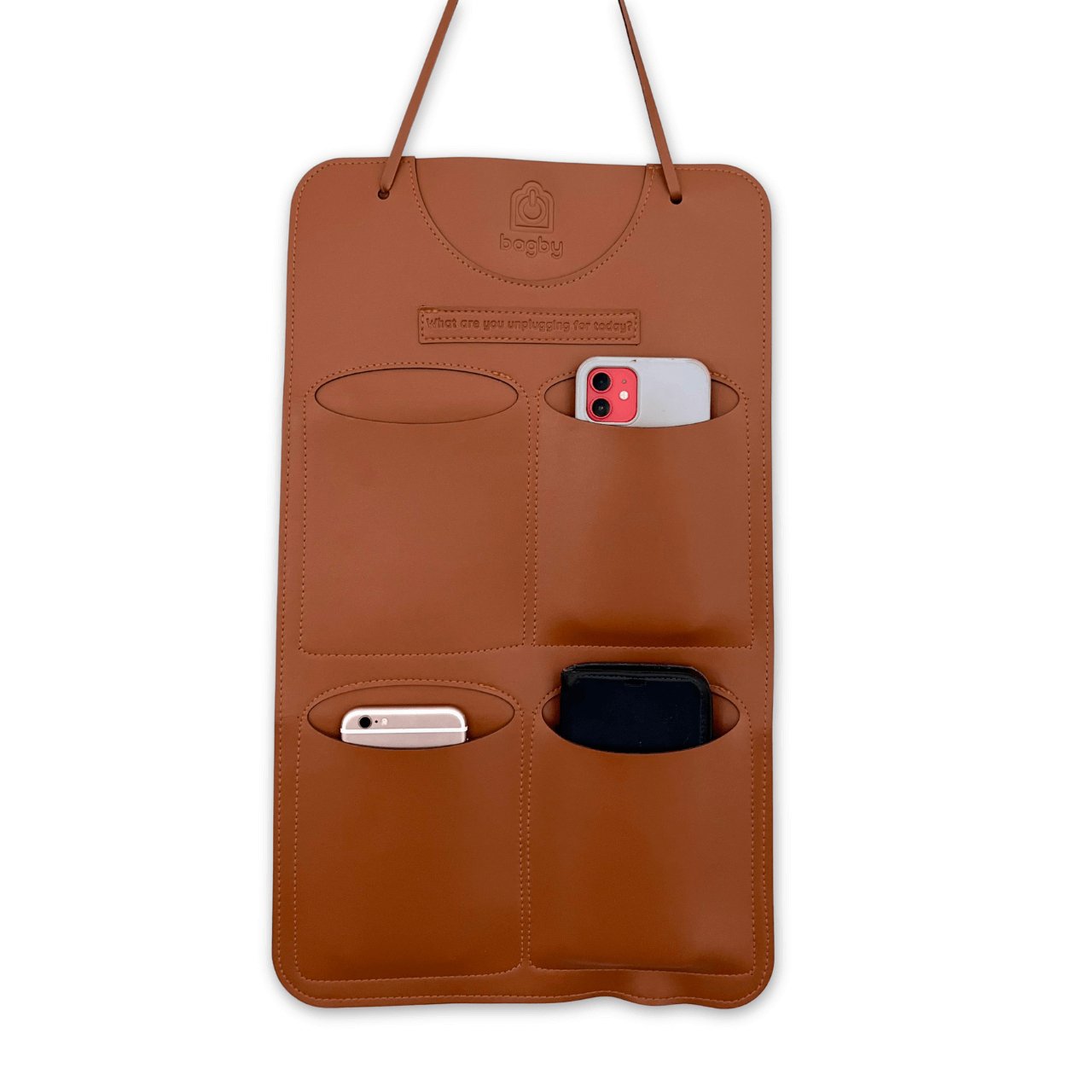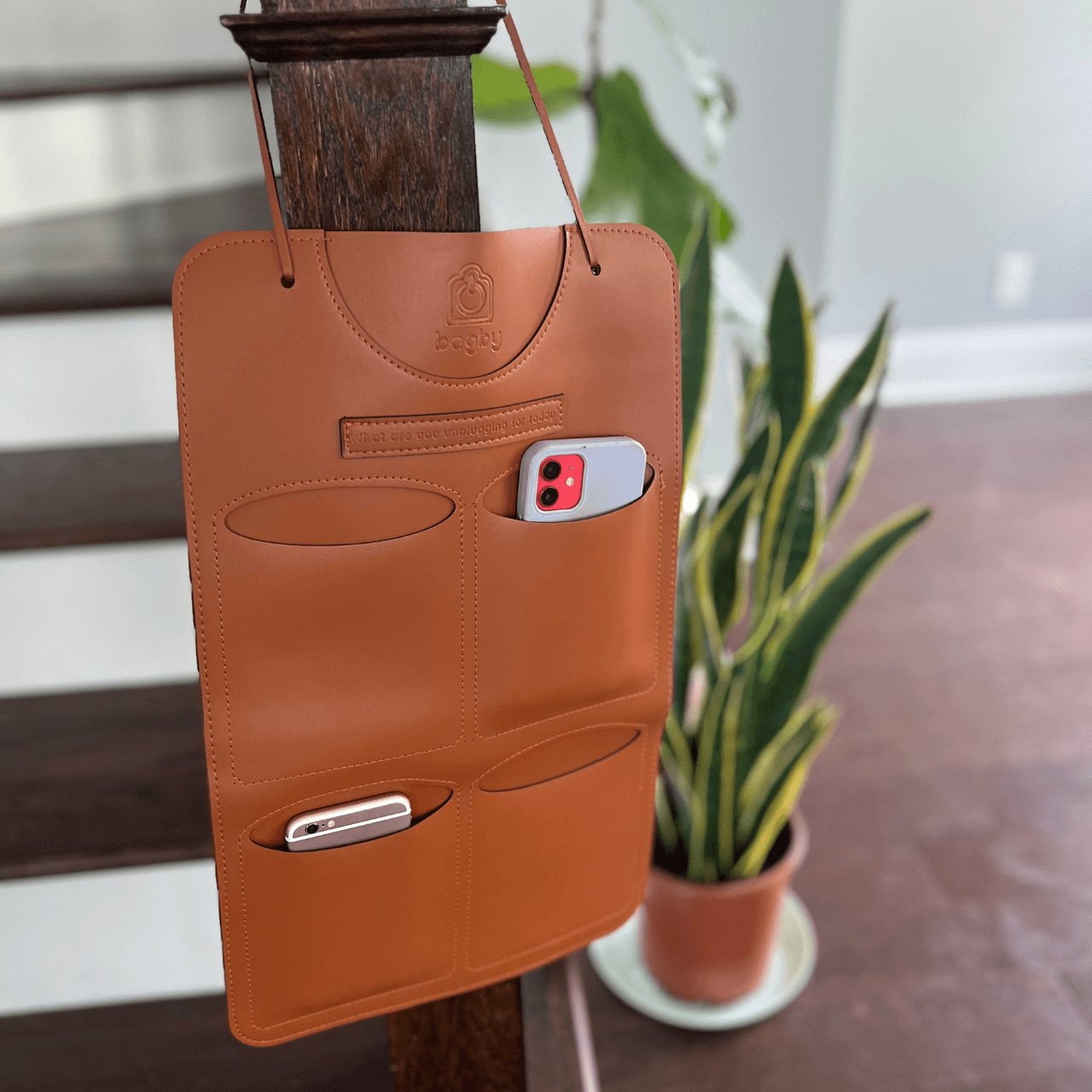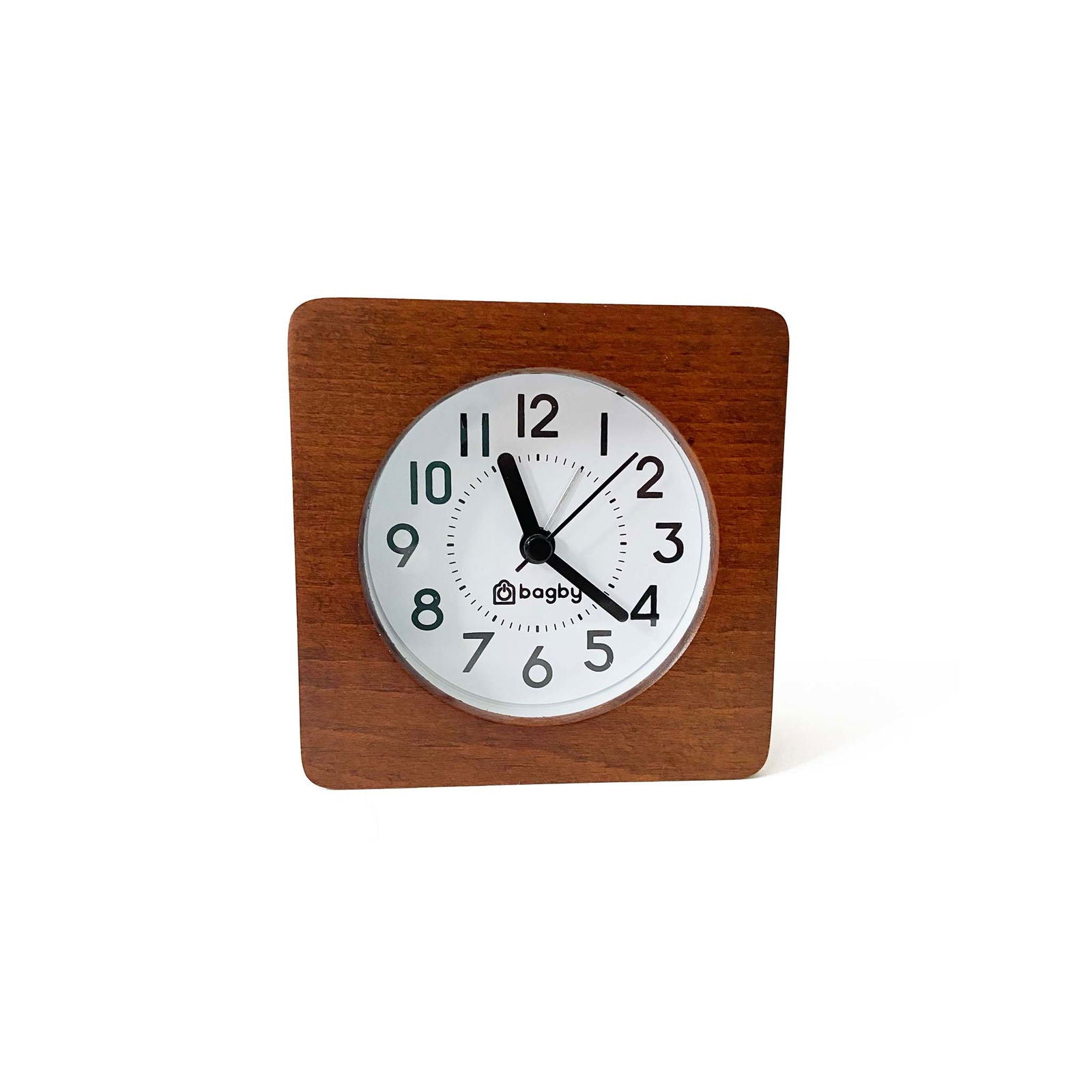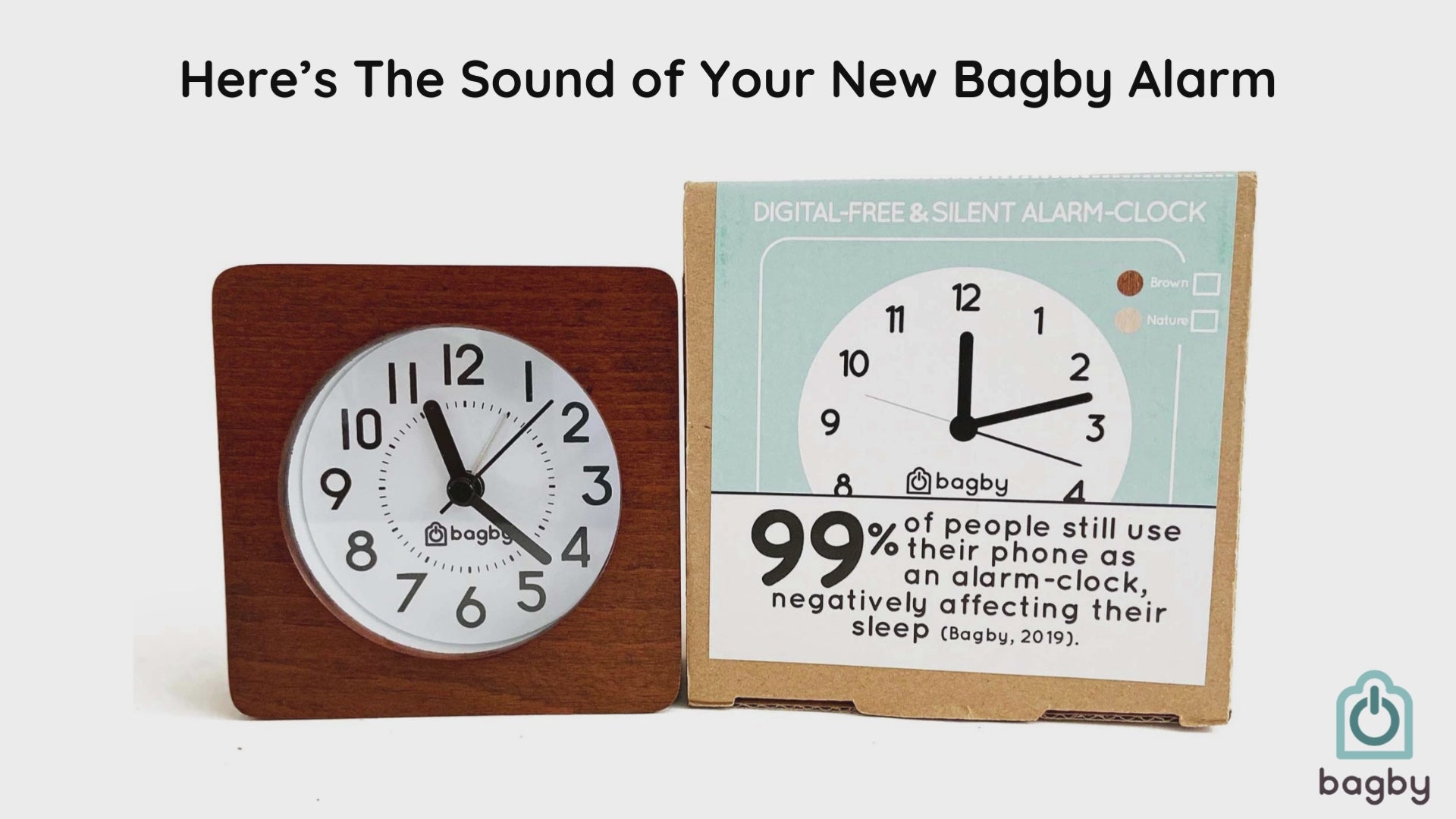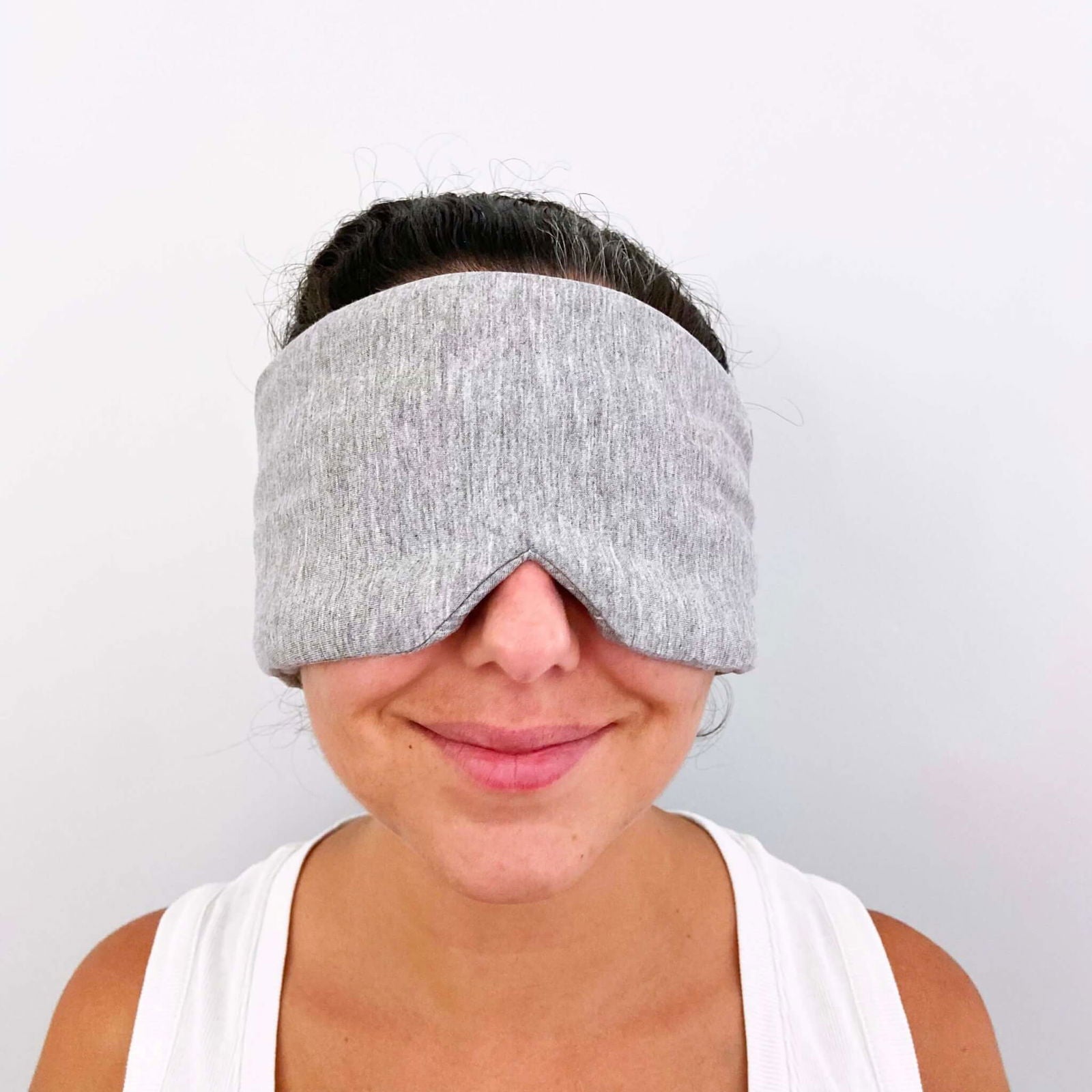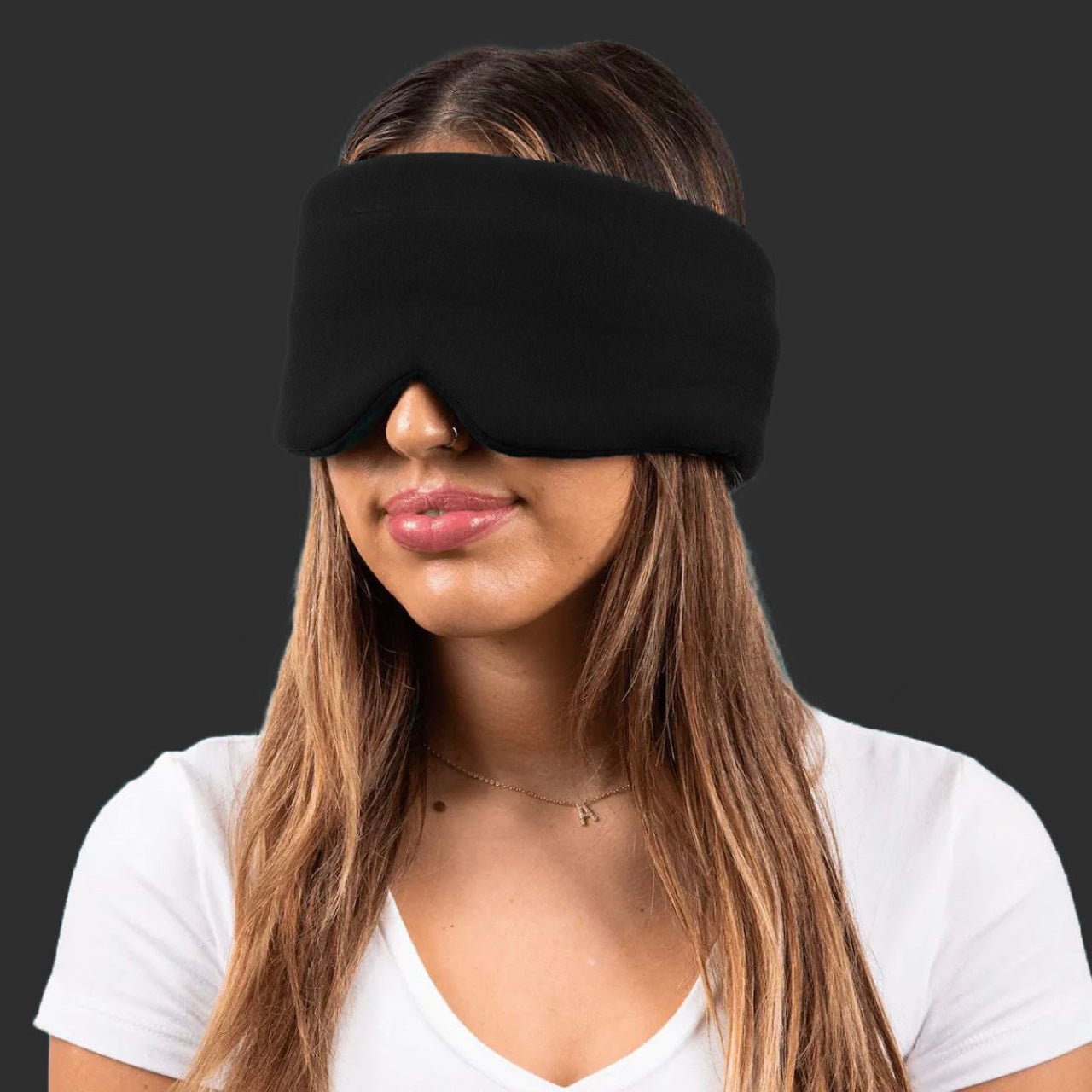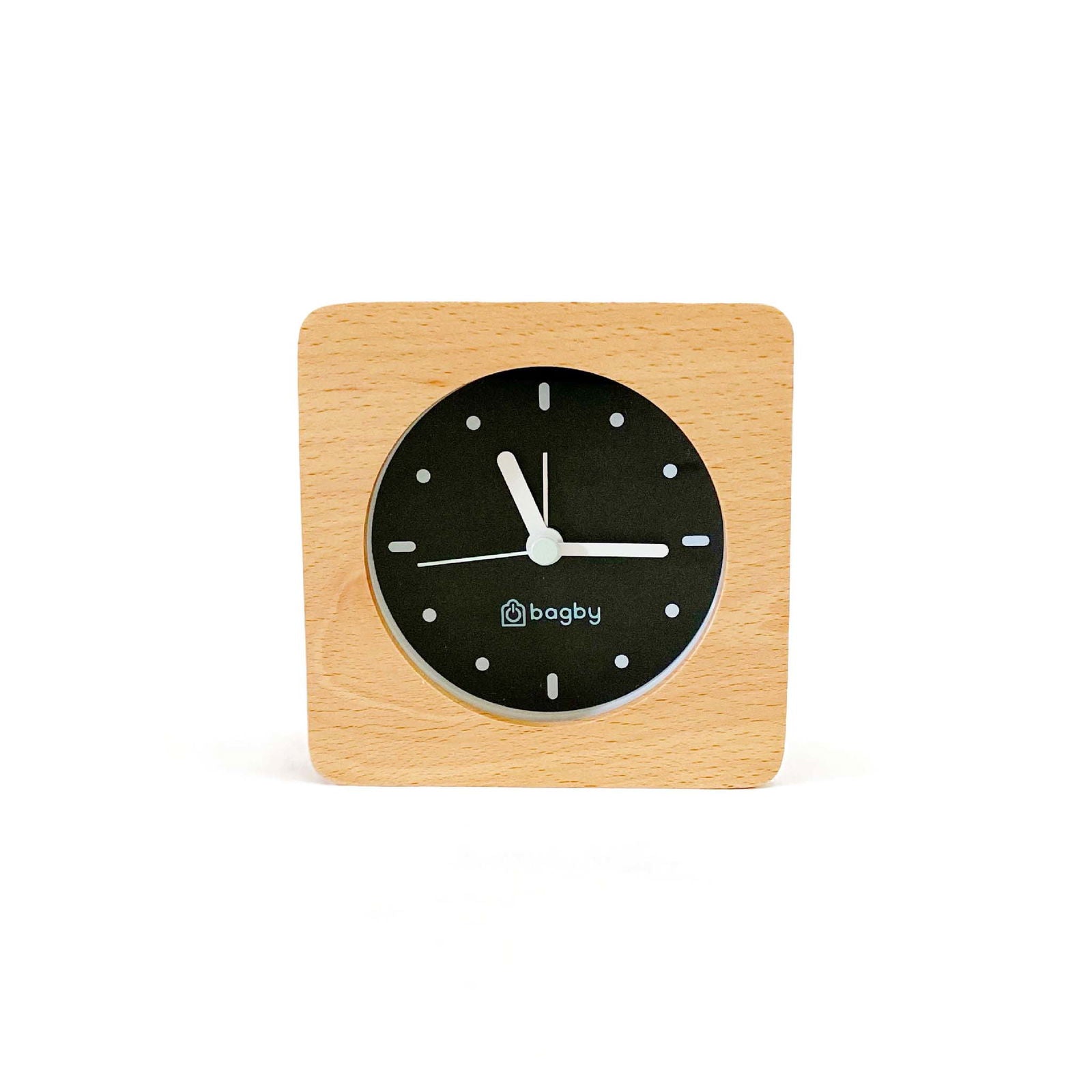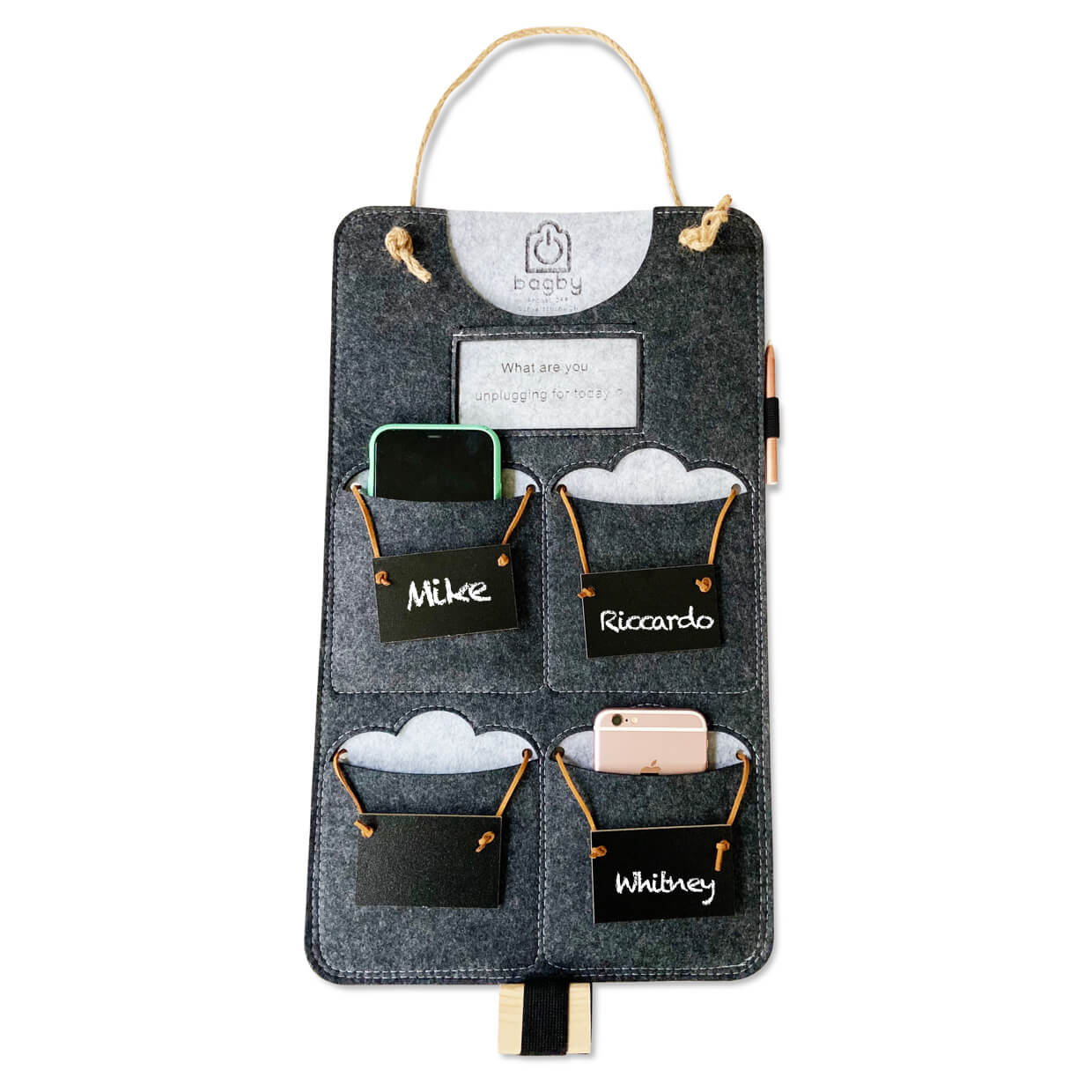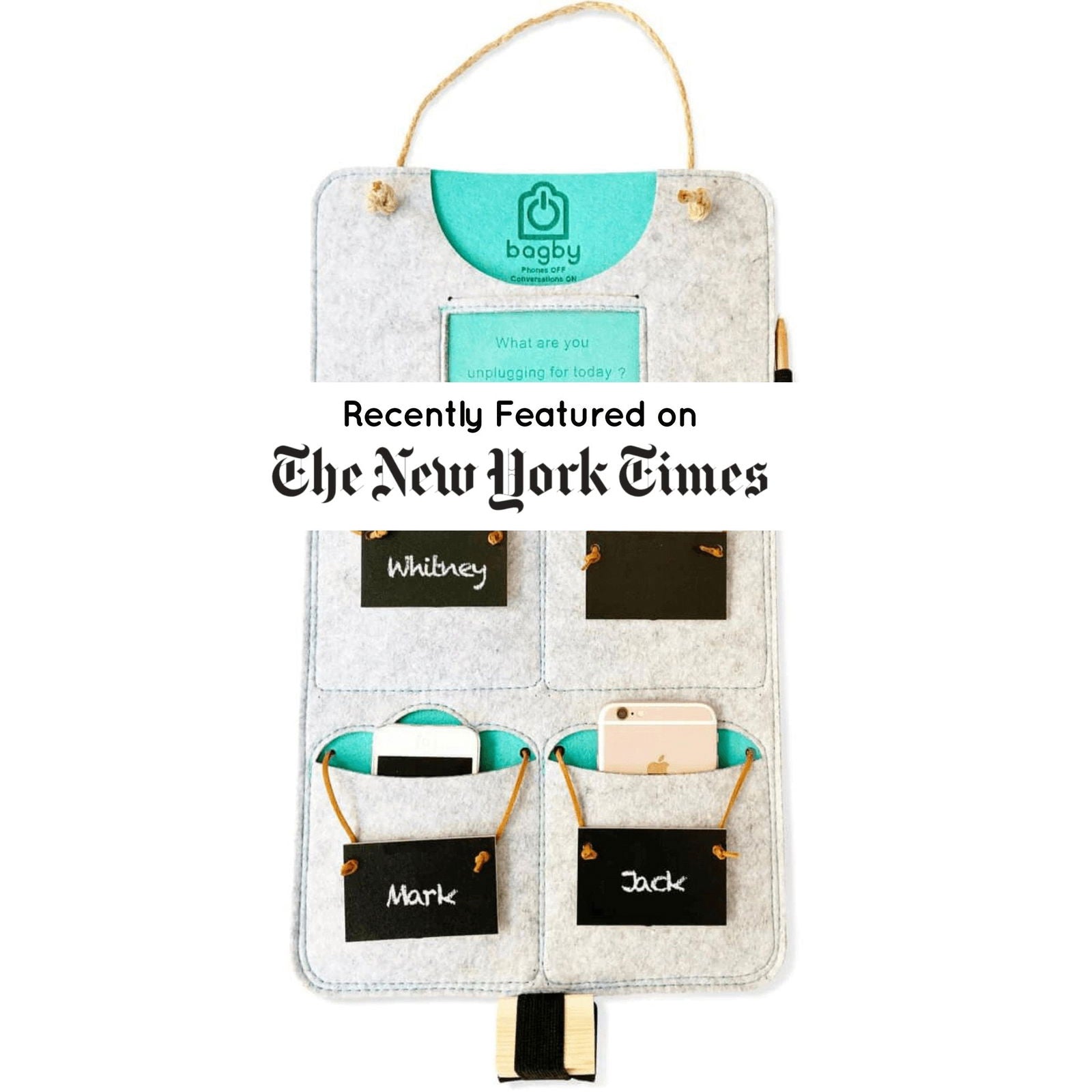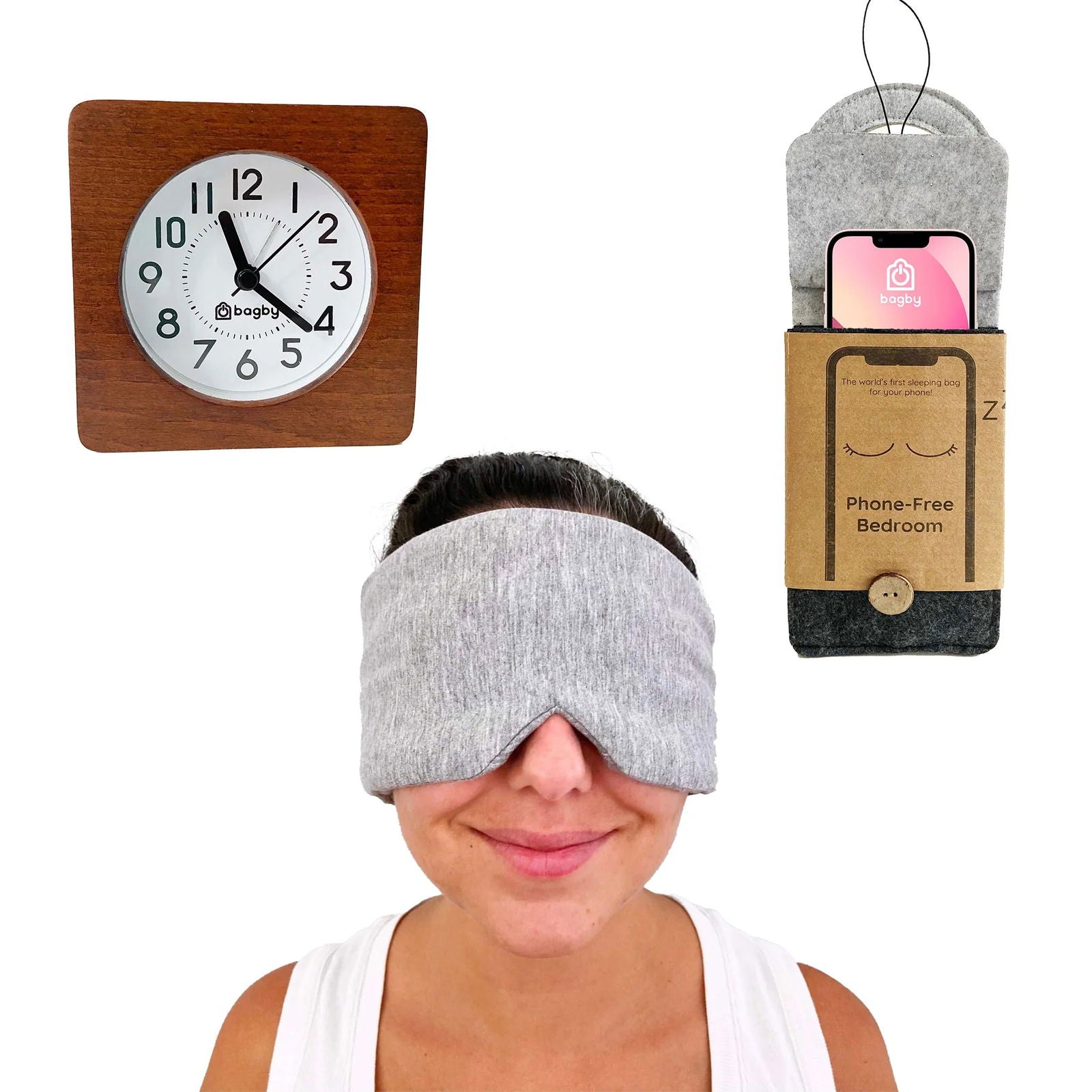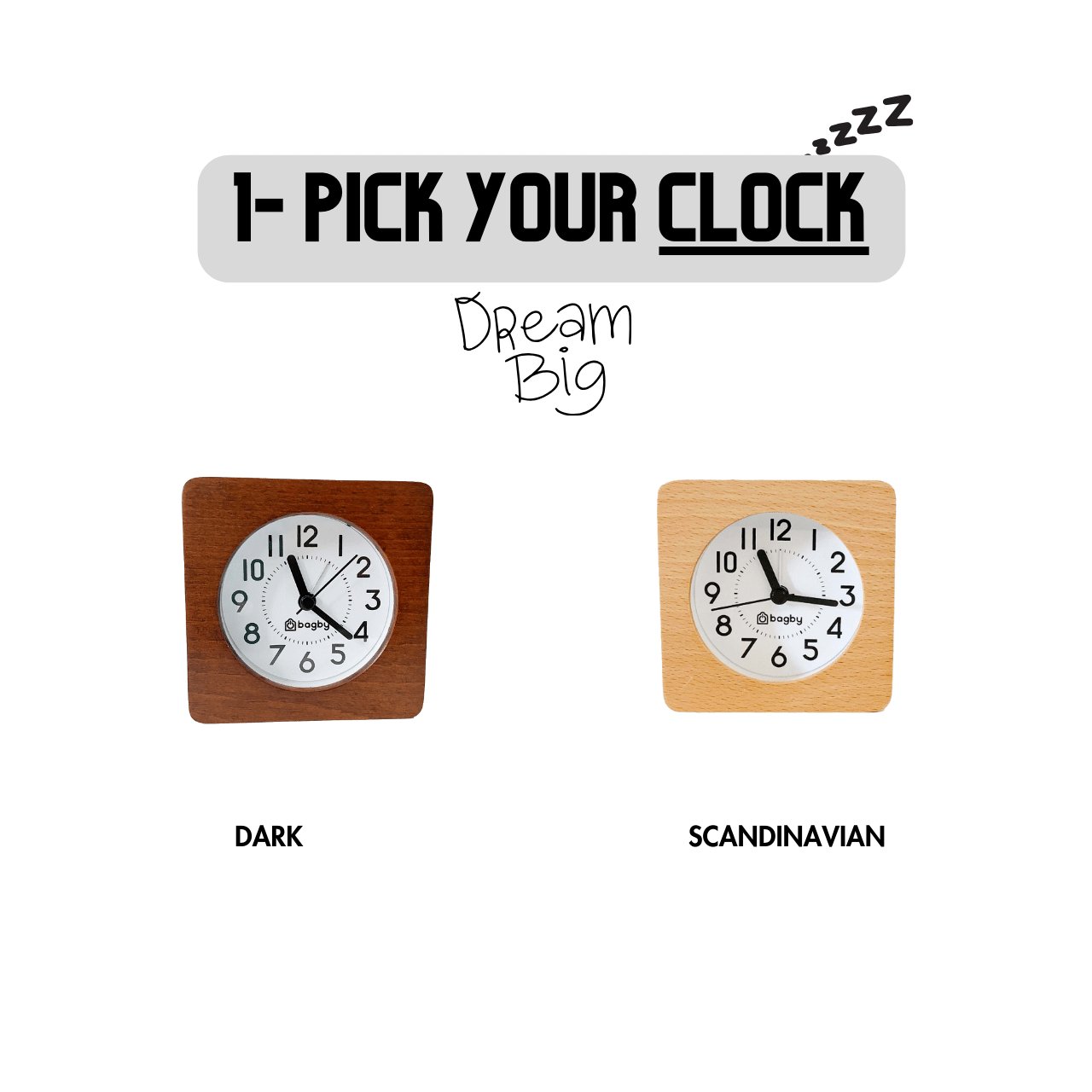There are different types of lights as there are different types of sugars, air, etc. That said, we can often group them in two big groups: Natural and Artificial. The light we see in digital devices including computers, smartphones, alarm-clocks, etc. is not as attractive as it feels.
Fluorescent bulbs and light-emitting diodes (LEDs) have taken over lighting because they are more energy efficient and can provide better lighting than incandescent bulbs. They are found in everything from task lighting to televisions to smartphones. But while these bulbs are helpful in many ways, they can also have a negative effect on sleep.
Artificial vs Natural light
All artificial light, including LEDs, fluorescent bulbs and incandescent bulbs, can interrupt normal sleep patterns. The body's biological clock works in rhythms that are set by the amount of light and dark the body is exposed to. This is called the circadian rhythm. Circadian rhythms control the timing of many physiological processes. They determine sleeping and feeding patterns, as well as brain activity, hormone production and cell regeneration.
When the body is exposed to only to the natural light of the sun, the hypothalamus area of the brain sets its sleep patterns according to when it is light outside and to when it is dark. Light is detected by the retina, which sends signals to the hypothalamus. When it starts getting dark outside, the hypothalamus signals to the body to start creating sleep hormones, like melatonin, and to drop the human's body temperature to prepare for sleep, according to the National Sleep Foundation. In the morning, when light is sensed, the body is told to warm up and to produce hormones, like cortisol, that wake the body up.
In an Thrive Global article "9 Tweaks to Your Nighttime Routine That Will Improve Your Sleep" the issue is talked about by key leaders in the industry.
“A few months ago, I read a study about how much LED lights disrupt our sleep. That night when I went to bed and turned out the lights, I was amazed by how much light my phone charger, TV, and soundbar emitted. Even the power surge protector glowed enough to be seen. They were so noticeable that I actually got out of bed and covered them with black tape. What a difference! Now I fall asleep quicker, sleep deeper, and wake up faster.”
—Todd Garrett, marketing, Nashville, TN
Why Analog vs Digital
It might seem not relevant enough but when we create our products we put the idea of "Human Soul" at the heart. Often, digital items are easier to use, have more functionality but they might be harmful. We have to make the choice between functionality and beneficial. For us, it's a clear decision.
For instance, our alarm clock is totally silent and digital-free. We do believe that the term digital-free will become a standard label as "organic" or "gluten free".


